This book has relied upon the help of many people, none of whom should be held at all responsible for what I have written.
I particularly thank Antony Beevor; Jan Bielecki; Gottfried von Bismarck; Karl Heinz Bohrer; Governor Georgy Boos; Tessa Capponi; Piet Chielens and Fernand Vanrobaeys of the In Flanders Fields Museum in Ypres; Jan Dalley; Olga Danilova; Norman Davies; Johann van der Decken; Stephen and Irina Dewar; Frank Dombrowski; the late Marion Dnhoff; Vladimir Gilmanov; Anthony Griffiths; Lorenz Grimoni; Christoph von Grote; Neiti Gowrie; Eleonore von Haeften; Max Hastings; Guido Herz; Alexei Ignatiev; Tadeusz Iwnski; Josef and Christine Joffe; Daniel Johnson; Peter and Elfi Johnson; Laurence Kelly; Eduard Kurilovich; Kornelia Kurowski and the staff of Borussia in Olsztyn; Karl von Lehndorff; Krystana Lewnska, the Mayor of Frombork; Irene Lipowicz; Klaus and Vladimira Lunau; Dr Tomasz Makowski, director of the National Library in Warsaw; Dr Wadysaw Mak

ut; Keith Middlemas; Stephen Nicholls; Paul Oestreicher; Michael Pakenham; Andrej Portnjagin; Tim Robb; John Rhl; Ernie and Carol Rothkopf; Helmut Schmidt; Angela Schock-Hurst; Xan Smiley; Eugeniusz Smolar; Alexander Songal; Carl Leopold and Margot von Spaeth; Hartmut Pogge von Strandman; Dr Mirosaw Supruniuk, director of the library of the University of Torun; Gina Thomas; Michel Tournier; Vygaudas Uackas; Stefan Wagstyl; Michael and Miriam Wieck; Henning von Wistinghausen; Magnus von Wistinghausen; Kazimierz Wycicki; Peter Wunsch; Adam Zamoyski; Rafal Zytyniec.
For much of my research, I have relied on the patient staffs of The British Library, The German Historical Institute in London, The London Library, The National Archives at Kew and The Wiener Library. My agent Gill Coleridge has been most supportive throughout, as have my two remarkable editors: Kate Harvey at Picador inLondon (who inherited this book but has adopted it with sensitivity and enthusiasm) and Jonathan Galassi at Farrar, Straus and Giroux in New York. Peter James has, as usual, been an excellent, probing copy-editor. For loving calm and tolerance at home and an apparent wish still, after many years, to hear about what I am writing I owe my wife, Caroline, more than I can possibly express.
Introduction
For Arno Surminski on East Prussian mixed blood, see his Polninken oder Eine deutsche Liebe (Hamburg 1984), pp. 21 2.
1: The Whispering Past
What remains of the German Knigsberg is described in Baldur Kster, Knigsberg: Architectur aus Deutscher Zeit (Husum 2000); Yuri Ivanov, Knigsberg und Umgebung (Dlmen 1994); and Veniamin Eremeev, Monuments of Defensive Architecture (Kaliningrad 2006). For a guide to Kaliningrad today, see Neil Taylor et al., Baltic Capitals (Chalfont St Peter 2001).
Otto Lasch published a self-justifying account of the siege in So fiel Knigsberg (Munich 1959).
For the House of Commons debate, see Hansard HC vol. 406, 15 December 1944, cols 1477 1578. Also Matthew Frank, Expelling the Germans (Oxford 2007), p. 75.
this enormous crime: George Orwell, Collected Essays , vol. 3 (London 1968), p. 327.
Kants end features in Manfred Kuehn, Kant (Cambridge 2001), pp. 413 22. Also Zinovy Zinik, Letter from Kaliningrad, Times Literary Supplement , 26 April 2002.
26 27 Alexander Solzhenitsyn, Prussian Nights , trans. Robert Conquest (New York 1977). See also Michael Scammell, Solzhenitsyn (London 1985) pp. 137 48 for the writers East Prussian war experiences.
See Michael Wieck, A Childhood under Hitler and Stalin (Madison 2003).
2: A Frontier Land
For Knox on India, see his speeches in the House of Commons: Hansard HC vol. 252, 13 May 1931, cols,12 81 2.
A bold raid into East Prussia: The National Archives, FO 371/1218 f.387.
See Knoxs report. FO 371/1218 f 392-411.
Eastern Germany lies outside the range: Baedeker, Northern Germany (London 1913), p. xvii.
Typescript of Eulenburgs memoir Drei Freunde , in the possession of his descendants at Schloss Hertefeld. I am very grateful to Professor John Rhl for letting me see this.
For the photograph of Alexander von Dohna and Mr Konarzewski, see Alexander Frst zu Dohna-Schlobitten, Erinnerungen eines alten Ostpreuen (Berlin 1989), p. 327.
The Duke Albrecht manuscript was lot 25, Sothebys London Manuscript sale 7 July 2009.
Dieschs obituary: Walter Pause in Nachruf auf Carl Diesch in Tbinger Frankenzeitung , no. 95, July 1957, p. 16.
common error: see Prussians arent Slavs letter from Professor Charles E. Townsend, New York Times , 7 September 1991.
52 Kultur : Fritz Gause, Die Geschichte der Stadt Knigsberg (Cologne 1968 72), vol. 1, p. 5.
meritorious: ibid., vol. 2, pp. 311 13.
Jewish merchants: ibid.
For Knoxs dispatch, see The National Archives, WO 106/1039.
wonderful the start of a great adventure: Alfred Knox, With the Russian Army (London 1921 ) , 1, p. 40.
Gause on changing names: see Gause, Die Geshichte der Stadt Knigsberg , vol. 3, p. 3.
Januschau, lieutenant and ten men: see Elard von Oldenburg-Januschau, Erinnerungen (Leipzig 1936), pp. 109 11.
For Lehndorff in 1945, see Lehndorff, East Prussian Diary (London 1963), pp. 185 249.
3: Talent is a duty
wept and wept and wept: Kthe Kollwitz, Die Tagebcher (Munich 2007 edn), 1 August 1919, p. 433.
I want to be wild: ibid., 18 August 1910, p. 80.
Dont worry, Mother: Elizabeth Prelinger, Kthe Kollwitz (Washington DC 1992), p. 155.
kitsch: Kollwitz, Die Tagebcher, 19 August 1909, p. 44.
weeping, weeping: ibid., 11 August 1914, p. 153.
like Goethe, I saw the world with eyes filled with love: ibid., 27 August 1914, p. 157.
Russia remains: ibid., p. 157.
4: A Polished Helmet
as so many Russians are: Knox, With the Russian Army , vol. 1, p. 46.
I sit like an old woman: Wolfram Pyta , Hindenburg: Herrschaft zwischen Hohenzollern und Hitler (Munich 2007), p. 42.
a polished helmet: ibid.
Tannenberg! A word pregnant: Marshal [Paul] von Hindenburg, Out of my Life (London 1920), p. 92.
I believe your old man may become famous: Pyta, Hindenburg , p. 55.
We had an ally: Janusz Tycner, Auf den Spuren von Tannenberg 1914 (Warsaw 2008), p. 51.
For statistics of 1914 destruction, see Andreas Kossert, Ostpreuen, Geschichte und Mythos (Munich 2007), p. 202, and Kossert, Masuren (Munich 2001), p. 236.
Tilsit, educated man and the Lesch story: Tycner, Auf den Spuren von Tannenberg 1914, pp. 75 81.
the position was very critical: Knox, With the Russian Army , vol. 1, p. 173.
nodal points: Scammell, Solzhenitsyn , p. 730.
5: The Grieving Parents
It is ugly here, very ugly: Hannelore Fischer (ed.), Kthe Kollwitz: Die trauernden Eltern. Ein Mahnmal fr den Frieden (Cologne 1999), p. 72.
All a fraud: ibid., pp. 72 3.
the English fellow: ibid., pp. 72 3.

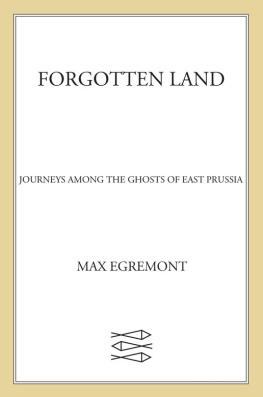
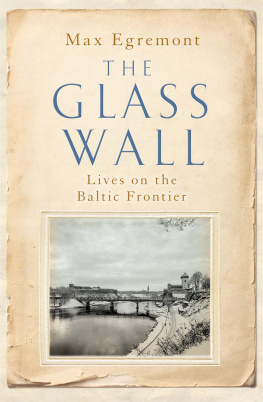

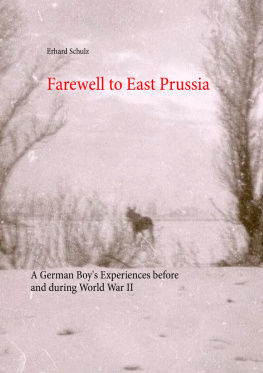
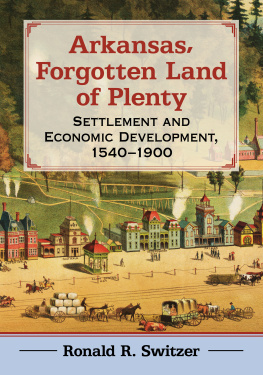
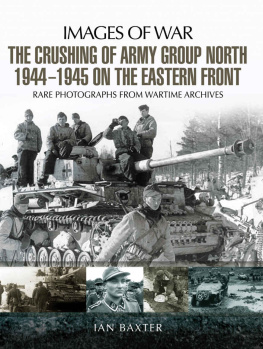
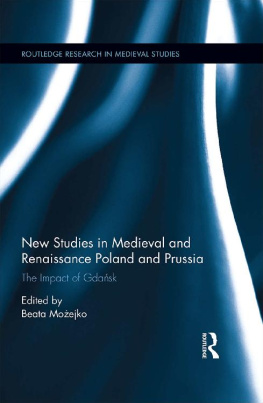
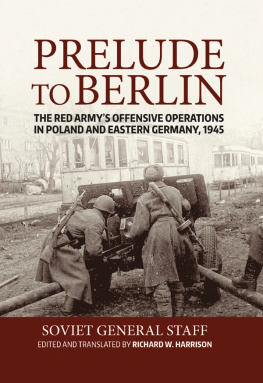
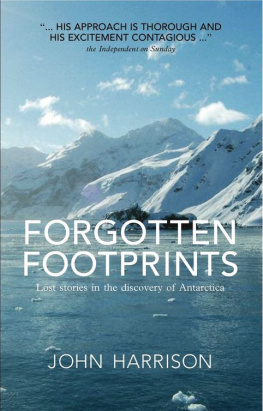
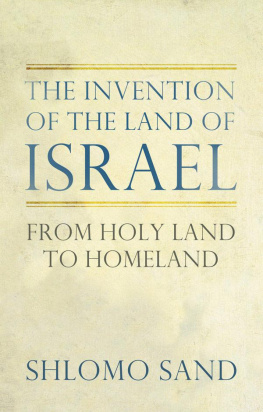

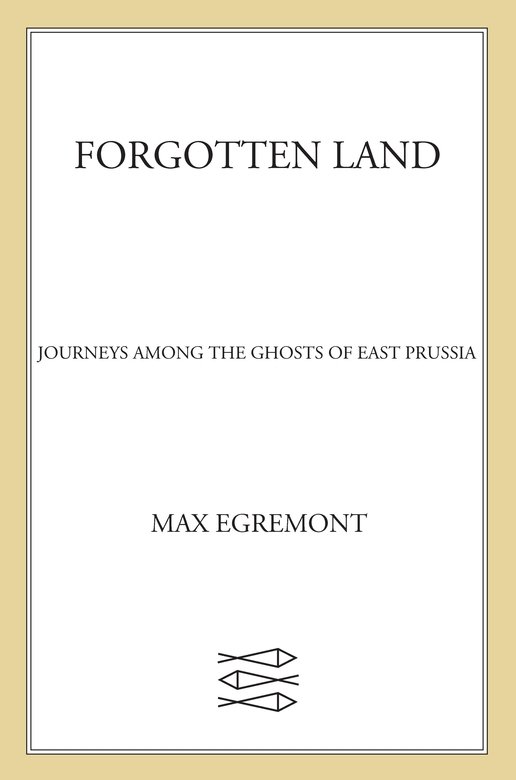
 ut; Keith Middlemas; Stephen Nicholls; Paul Oestreicher; Michael Pakenham; Andrej Portnjagin; Tim Robb; John Rhl; Ernie and Carol Rothkopf; Helmut Schmidt; Angela Schock-Hurst; Xan Smiley; Eugeniusz Smolar; Alexander Songal; Carl Leopold and Margot von Spaeth; Hartmut Pogge von Strandman; Dr Mirosaw Supruniuk, director of the library of the University of Torun; Gina Thomas; Michel Tournier; Vygaudas Uackas; Stefan Wagstyl; Michael and Miriam Wieck; Henning von Wistinghausen; Magnus von Wistinghausen; Kazimierz Wycicki; Peter Wunsch; Adam Zamoyski; Rafal Zytyniec.
ut; Keith Middlemas; Stephen Nicholls; Paul Oestreicher; Michael Pakenham; Andrej Portnjagin; Tim Robb; John Rhl; Ernie and Carol Rothkopf; Helmut Schmidt; Angela Schock-Hurst; Xan Smiley; Eugeniusz Smolar; Alexander Songal; Carl Leopold and Margot von Spaeth; Hartmut Pogge von Strandman; Dr Mirosaw Supruniuk, director of the library of the University of Torun; Gina Thomas; Michel Tournier; Vygaudas Uackas; Stefan Wagstyl; Michael and Miriam Wieck; Henning von Wistinghausen; Magnus von Wistinghausen; Kazimierz Wycicki; Peter Wunsch; Adam Zamoyski; Rafal Zytyniec.